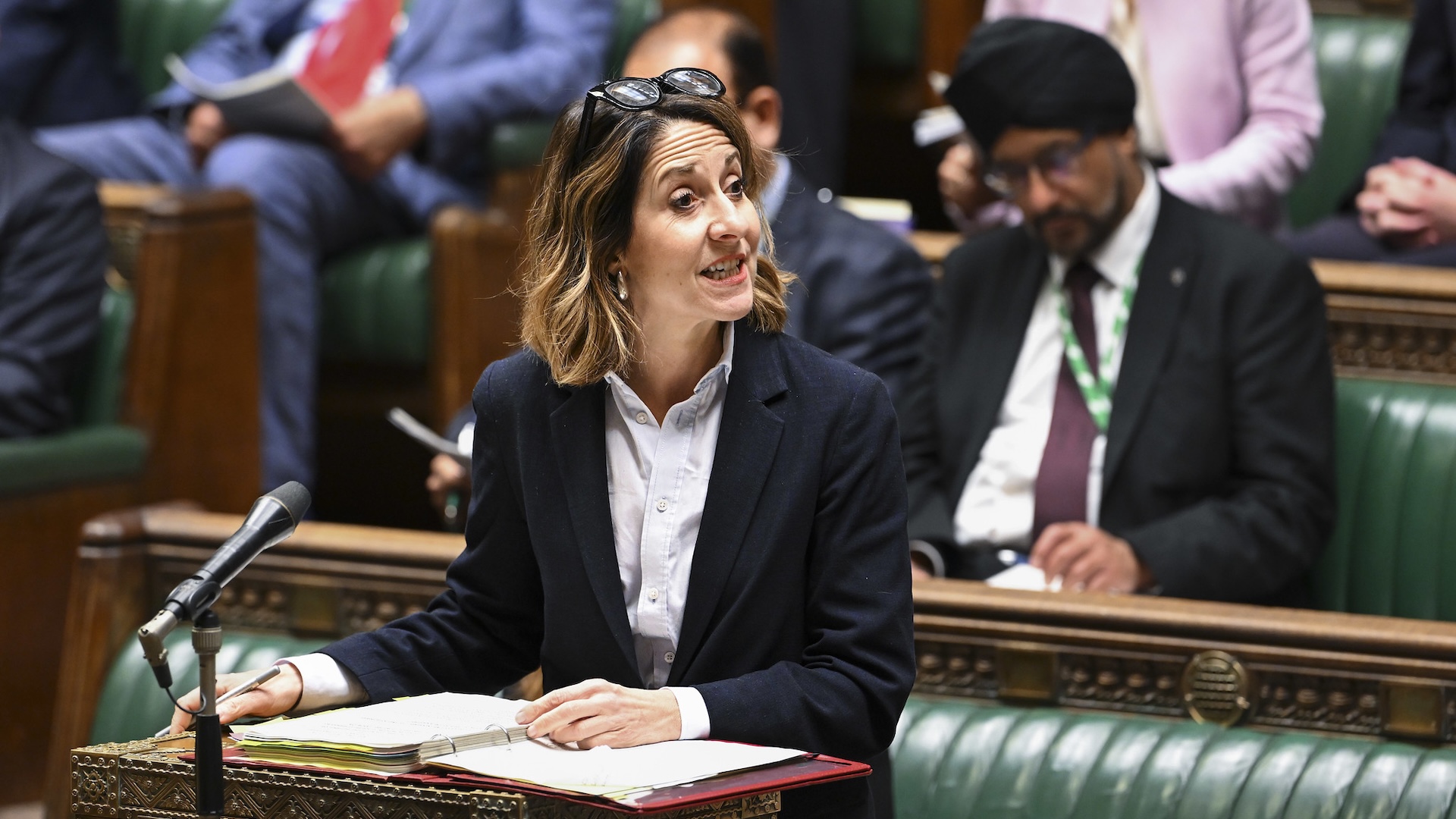It is not clear if Labour will consult on all the proposals in the original consultation, some of which were subsequently dropped, or whether it will only consult on the proposals that the last government chose to take forward.
The High Court ruling doesn’t force the government to ditch the proposals, although it would make it very difficult to proceed with them without holding a new consultation first.
Until now Labour had not stated whether or not it supported the proposals it inherited from the Tories, although it had committed to finding the savings entailed by the measures one way or another.
Mr Justice Calver’s judgment repeatedly described the DWP consultation as “misleading”, “rushed” and “unfair”. The previous government misled consultees by pretending its measures were motivated solely by helping disabled people into work, when internal DWP documents revealed by the judicial review showed that the desire to make savings was a key driver. The consultation documents also failed to make clear the financial impact the DWP’s plans would have on disabled people, while the eight-week consultation period was ruled to be too short.
Nearly six months after the original consultation closed, and long after the plans had been finalised, the Office for Budget Responsibility published its forecast that just 15,400 disabled people would find paid work as a result of the planned reforms by 2029 – compared to the more than 450,000 disabled people the DWP predicts will be hit by the cuts in that time, most of whom would lose out on up to £416 a month at current benefit rates.
Svetlana Kotova, director of campaigns and justice at Inclusion London, said the High Court’s judgement meant that any government would have to be transparent about their plans to make savings by “unleashing misery on disabled people”.
She said: “The WCA policy if implemented would be devastating for more than 450,000 disabled people – already some of the poorest and most excluded in our society.
“We urge the Labour government to start working with disabled people and to use this ruling as an opportunity to rethink their approach to social security. It is not a matter of simply explaining the changes in a different way – they must stop pursuing Tory policies that do not work and will cause disabled people so much harm.
“If implemented, this policy would lead to retrogression of our rights and will go against the UK’s obligations under the UN Convention on the Rights of Disabled People.”
Do you have a story to tell or opinions to share about this? Get in touch and tell us more. Big Issue exists to give homeless and marginalised people the opportunity to earn an income. To support our work buy a copy of the magazine or get the app from the App Store or Google Play.





